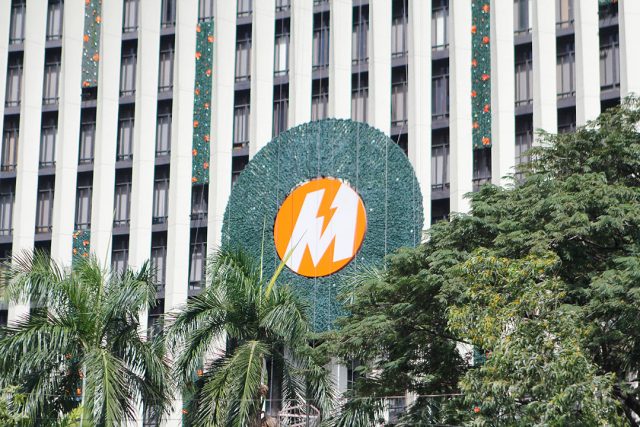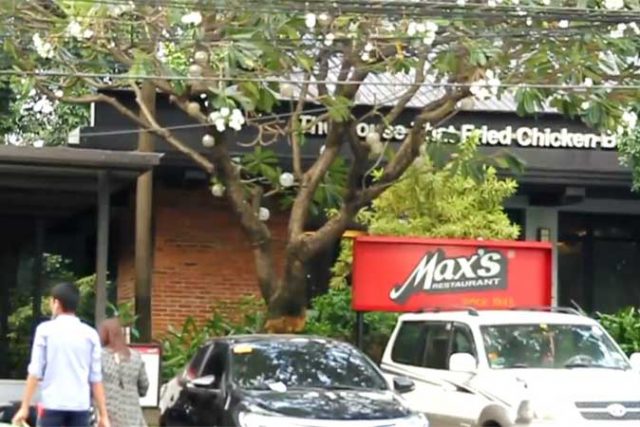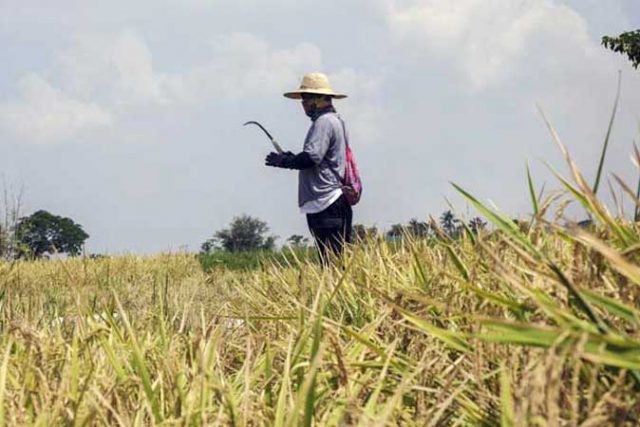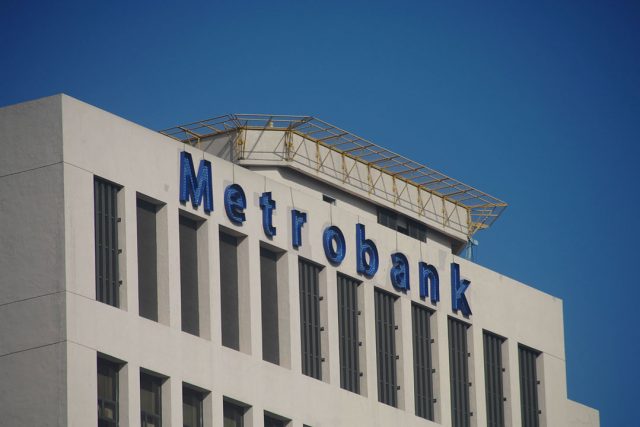Financial regulators simplify merger process
The country’s financial regulators on Friday agreed to simplify the process for mergers, consolidations, and acquisitions as part of the government’s thrust in promoting ease of doing business.
The multi-agency project was signed by the Bangko Sentral ng Pilipinas (BSP), Philippine Deposit Insurance Corp., (PDIC) Securities and Exchange Commission (SEC), Cooperative Development Authority, and Philippine Competition Commission, they said in a joint statement on Friday.
“The synchronized timelines and the elimination of duplicate functions among the concerned agencies will significantly reduce the total processing time of mergers, consolidations, and acquisition proposals from an average of about 160 business days to only 55,” they added.
The project was initiated by the PDIC to synchronize the timelines for processing of such transaction proposals from banks. This is in line with the government’s thrust of promoting ease of doing business and was commended by the Anti-Red Tape Authority in March 2020.
Among bigger banks, Ayala-led Bank of the Philippine Islands is in the process of merging with its sister thrift unit BPI Family Savings Bank.
The process is expected to be completed by 2022. In September, the BSP gave its approval for the merger. Its effectivity depends on the issuance of the certificate of merger by the SEC.
Separately, BSP Governor Benjamin E. Diokno said in a forum that the banking system remains well-capitalized. Regulators have learned from the Asian financial crisis and have since then issued regulations to make the local banking system more stable, he added.
“The BSP will intensify its monitoring and surveillance over its supervised institutions to ensure that they remain resilient to emerging risks and continue to be sound, stable, and inclusive, particularly through the pursuit of enhanced digitization,” Mr. Diokno said at an online forum led by the Chinese Filipino
Business Club on Friday.
The local banking industry’s cumulative net earnings rose 42.88% to P122.67 billion as of end-June from P85.85 billion a year earlier.
Banks’ total assets stood at P19.923 trillion as of end-August. — Luz Wendy T. Noble











